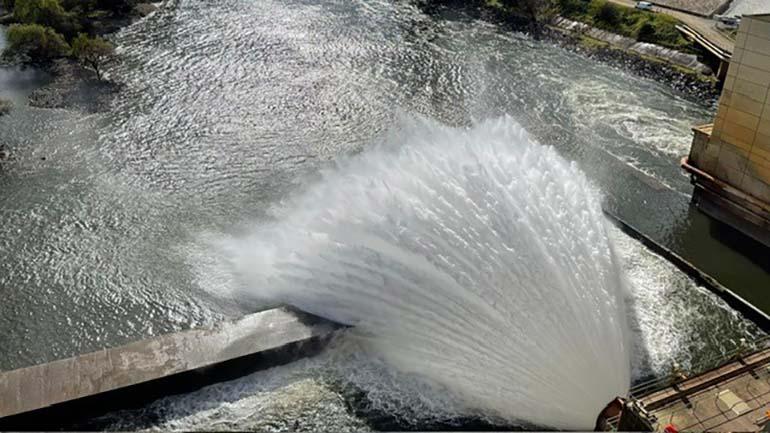1 July 2024 marks 10 years since the Basin Plan water trading rules were introduced for the Murray–Darling Basin. They were introduced to reduce restrictions on trade, enhance transparency and access to information and maintain a consistent framework across states.
Water trade allows water holders to decide to buy or sell water at a particular time and helps to ensure water is available when and where it is most needed. Water in the Murray–Darling Basin can be bought and sold, either permanently or temporarily.

In 2007, there was widespread agreement across governments that a plan was needed to manage water carefully and protect the Murray–Darling Basin for future generations.
The Water Act 2007 required the Murray–Darling Basin Authority (MDBA) to prepare a strategic plan for the sustainable management of water resources and managing the Basin’s resources. The Basin Plan water trading rules were later introduced in 2014 to manage the Basin as a whole connected system.
MDBA Director of River Management, John Waterworth said prior to the introduction of Basin water trading rules, water market agencies and trading authorities weren’t required to make their information publicly available.
“This meant that important information was not being relayed to sellers and buyers to help them make informed decisions when buying or selling water,” Mr Waterworth said.
In 2021, the Water Act 2007 was further amended to establish an Inspector-General of Water Compliance (IGWC) to provide independent oversight and to manage the compliance and enforcement functions previously held by the MDBA.
“The MDBA’s role is to facilitate fair, consistent and transparent water trade across the Murray–Darling system,” Mr Waterworth said.
The Basin Plan water trading rules apply to the Australian Government, Basin states, irrigation infrastructure operators and individual market participants. The rules only apply to water access rights that can be traded under state water management law.
Benefits of Basin Plan water trading rules
Water trading in the Basin provides many benefits from an environmental, economic, and ecological perspective.
Mr Waterworth said since the introduction of the rules, there has been an increase in the amount of pricing information available.
“This extra transparency helps market participants make informed trading decisions.
“In terms of overall water management, water trade also results in water moving to its highest value use, and by putting a dollar value on water, trade promotes water use efficiency and reduced wastage,” said Mr Waterworth.